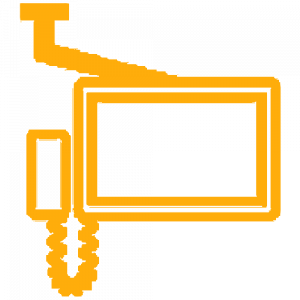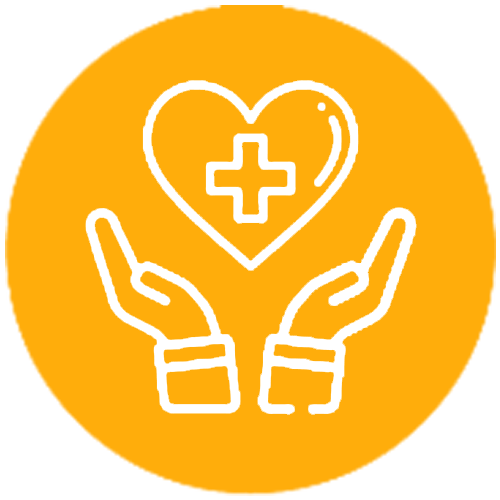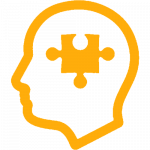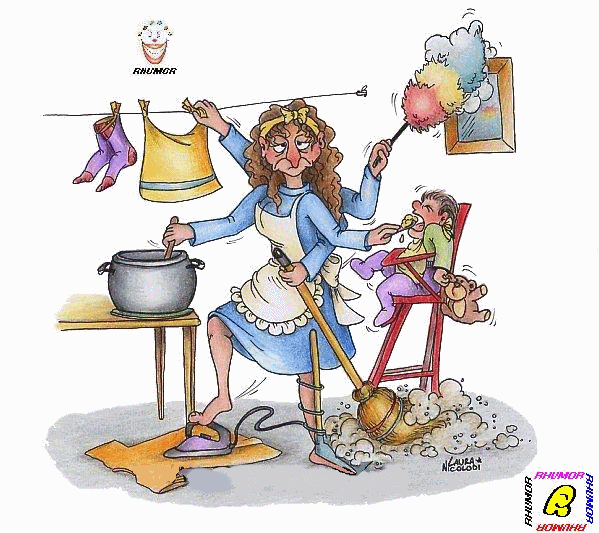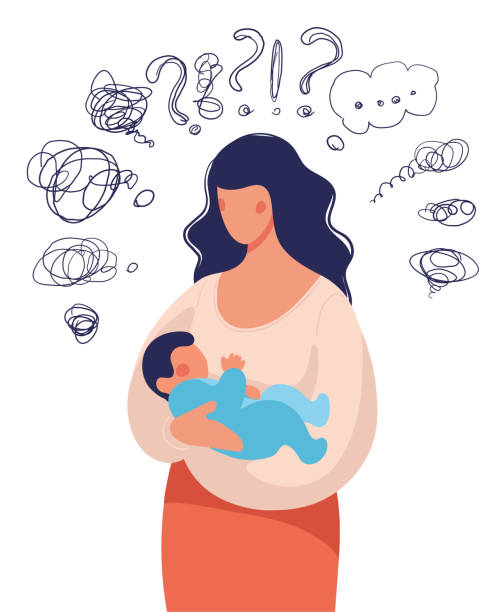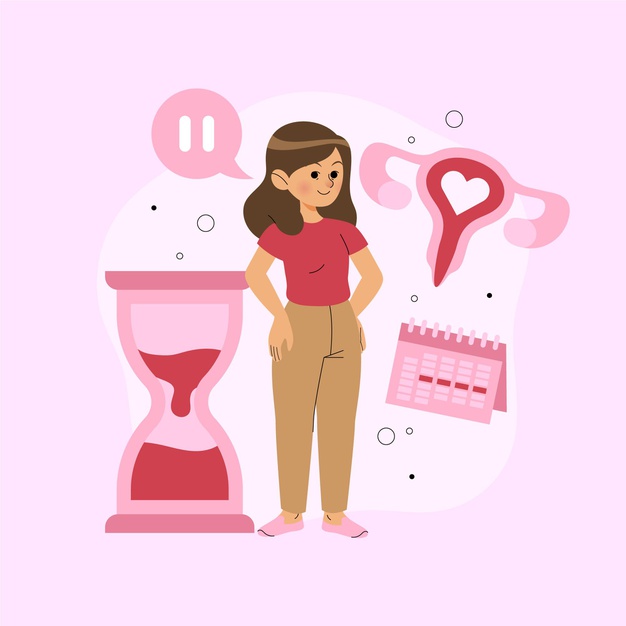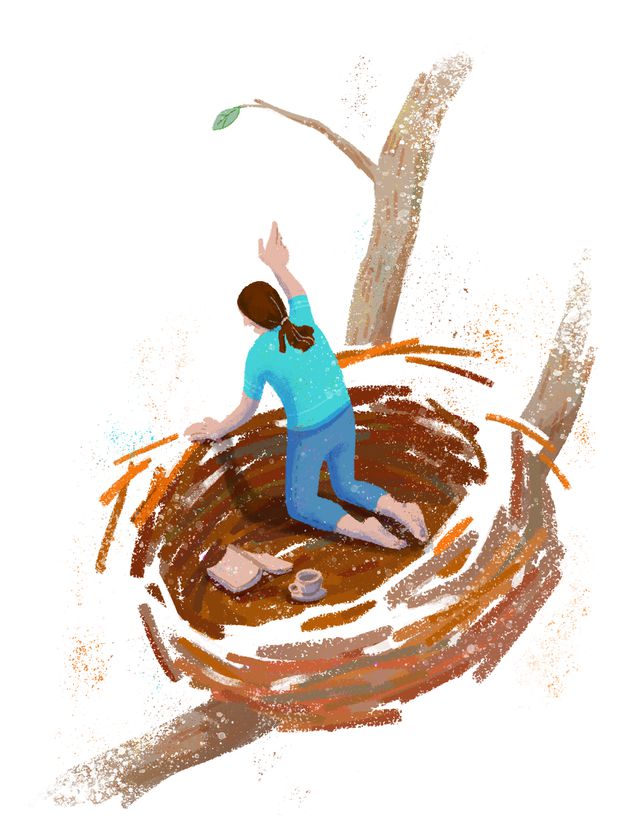Women and Psychiatry
Why is this topic?
There are various issues specifically related to women; the cyclic hormonal changes, pregnancy, labour, lactation, and menopause impact women’s mental health.
The biological factors and social factors also play a role in the mental health of women.
Most Indian Women have to be with In-laws and shift to a new town, handle new relationships
Since her childhood, she is always at risk of physical or sexual abuse, and any such event has prolonged psychological impact throughout her life.
Common psychiatric conditions exclusive to women
- Premenstrual dysphoric disorder PMDD
- Postpartum- Depression
- Postpartum- psychosis
- Menopause related depression and anxiety
Premenstrual dysphoric disorder (PMDD)
Due to the cyclic hormonal changes, few women, about 3-4%, experience PMDD where there is tension, anger, sleep disturbances, easy irritability, anxiety, bodily pain, fatigue unable to concentrate in work, headache, breast tenderness, and edema.
All occurs just before the menstrual cycle and ends at the onset of menstruation
This condition can be effectively treated with SSRI or Hormones if needed.
Puberty vs Depression
Girls attain puberty 2yrs earlier than boys of the same age, and it has been found that the risk of depression doubles from this stage onwards.
Apart from the Hormonal influences, the evolving social expectations and restrictions, emerging sexuality, identity issues, and parental dispute are some of the contributory factors for depression.
Pregnancy vs Depression
Up to 15% of pregnant women develop depression during pregnancy.
Dramatic hormonal changes that occur during pregnancy, coping with the pregnancy, balancing family, work and child may lower the threshold for depression, especially when the support from other family members is poor.
Other factors that can increase the risk of depression during pregnancy include previous episodes of depression or PMDD, marital strife, insufficient social support, ambivalence about being pregnant and unwanted pregnancy.
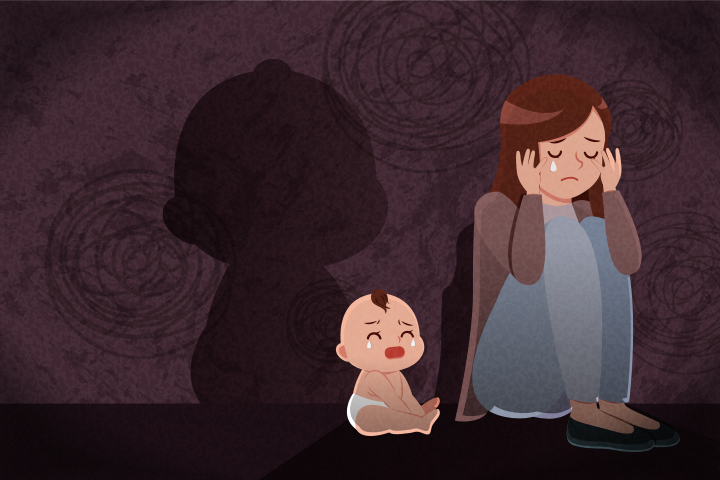
Postpartum Depression
@ This is a severe and protracted form of postpartum blues
@ Can occur up till 15-20% of recently delivered mothers, onset within 3-6 months of delivery
@ Sad mood, crying episodes, anhedonia, fatigue, inability to concentrate, pessimistic thoughts, fear of caring child..,
@ About one in 1000 deliveries, the depression can be severe with hopelessness, suicidal ideation, or infanticide thoughts with or without psychotic symptoms.
@ Undetected or untreated postpartum depression can negatively impact the mother, the infant, and the family itself.
@ Early detection, initiation of antidepressants such as Sertraline 50-100mg, is essential.
On the similar aetiology Postpartum Anxiety, Postpartum OCD is also common where the mother would be found to have irrational fear related to her infant’s health, frequently check, fear of contamination, excessive concern about infant’s growth and development.
A 26-year-old lady, married homemaker, recently delivered a female baby 15 days ago, referred by her obstetrician, reported complaints that of frequent crying episodes, irritable towards her husband, parents, clinging to her baby, refuse to give the baby to others, vigilant of the infant’s health and fear it may be misplaced or abducted.
Post Partum Psychosis
Postpartum psychosis is a rare but severe disorder following childbirth, affecting about 1 in 500 to 1,000 new mothers.
Onset is severe and quick and should be treated as a medical emergency.
Symptoms include:
- Delusions and Hallucinations, especially regarding the baby, the infant is possessed, misplaced, or maybe abducted, or it’s of divine birth.
- Would experience auditory hallucinations commanding to kill the infant
- Infanticide and suicide may occur
- Erratic sleep and eating patterns
- Multiple somatic complaints and frantic energy.
- The irrational feeling of guilt
- Reluctant to tell about these symptoms
The aetiology behind postpartum psychosis are genetic vulnerability, strained marital relationships, history of psychotic episodes, unwanted pregnancy
The hormonal fluctuations that occur following childbirth may adversely affect the mother’s health
Prompt diagnosis, rule out Cerebral venous thrombosis (CVT), initiate Antipsychotic drugs
ECT is beneficial and life-saving to both mother and infant
Recurrence of such depression or psychosis is possible in future births. Thus the continuation of medications needed in few patients.
A 25-year-old lady, married three years ago, recently delivered a male baby, referred by a gynaecologist, brought by husband and parents with complaints of not feeding her child, says the child is not hers, the baby is replaced in the maternity hospital, complained that one of her aunts had stolen her baby to sell it abroad, she was found agitated, sleepless, refusing food, irritable, and aggressive towards others who tried to explain the reality that this infant belongs to her.
Menopause
After 45 years of age, there is a gradual decline in cyclic hormones, changes in family circumstances, sons take responsibilities, the arrival of a daughter in law, the exit of daughter to her in-laws house, and the husband’s retirement.
These changes, together with medical illness like hypertension, diabetes, or arthritis, make them feel dependent on their children.
Most often, they are left alone with children’s working elsewhere yet send money; this state of longing for the presence of children and grandchildren is called “Empty Nest Syndrome.”
This is the period there is increased vulnerable for Depression or anxiety disorders.
Treatment initiated as in the line of Depression, SSRI are favoured, Benzodiazepines are given to short period, drug interaction to be considered
Supportive counselling, expressing the ongoing stressors to be allowed.
Summary
- Hormonal fluctuations throughout life influence mood.
- In general, women are more subjected to cruelty, maltreatment, abuse, etc.
- The change of residence after the marriage has a major life impact
- Hence Depression and Anxiety disorders are 2-3 times more common in women than males.






